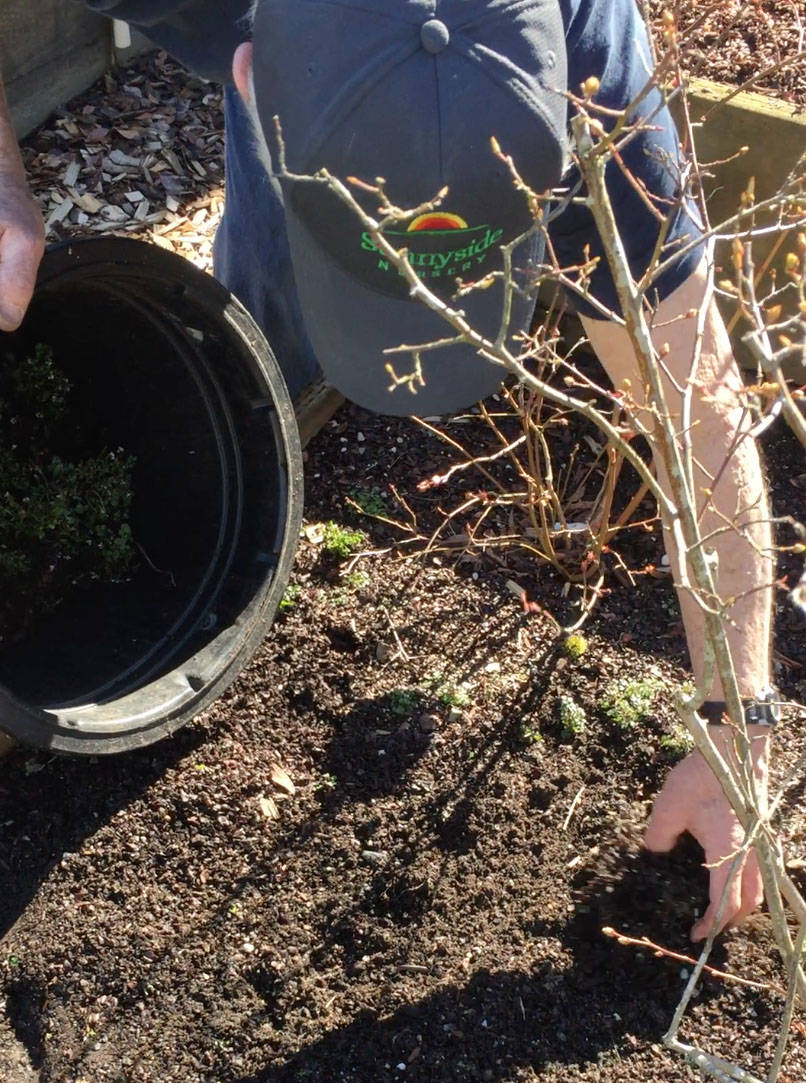By Steve Smith
I know it still doesn’t feel much like spring, but something magical happened this week – it actually got up to 50 degrees, and that is significant for two reasons.
First, for us it feels almost comfortable to be outside working in the garden and second, when it gets to 50 degrees it triggers all sorts of awakenings in the plant world.
The switch gets turned on, and there is no turning back. Spring has sprung, and it will officially be here March 20.
My first order of action this time of year is to get my raised beds ready for planting. Due to the highly organic nature of my soil, I have few weeds and the ones that dared to germinate last fall are easy to pull out. Obviously, if you have lots of annual weeds you need to either turn them under or hoe them out before you do anything else.
Next, I apply a generous amount (often double the recommended rate) of organic veggie food and a dusting of lime – all of which is covered with a fresh 1-inch layer of compost. Like any recipe, these ingredients need to be blended together and this is where I get to use my power tools. I remove the string trimmer head on my Stihl FS90R and attach the rototiller unit, which I lovingly refer to as my “garden egg beater”. After whipping the ground into a froth of nutrients and microorganisms, I finish by smoothing out the mixture with a garden rake. I now am ready to plant.
We have two seasons for growing veggies and now is obviously the cool season. Later will be the warm season and that is when we plant beans, tomatoes, cucumbers, etc. This is what we should be planting now: •Root crops such as potatoes, onions, leeks, carrots, radishes, turnips, shallots, garlic (best to plant in the fall but very few of us ever do), and beets. Carrots, radishes and beets are normally planted from seed but you can also find them as seedlings in packs. I prefer to plant beets from packs because I can space them better. If you are sowing carrot seeds, take them out of the package and mix them with some fine sand so that when you sprinkle them over the soil they will be spread apart better. •Shoot crops such as lettuce, romaine, spinach, cabbage and that ghastly green stuff that people mix with who-knows-what and blend into a green “shake” every morning for their breakfast drink. Also, broccoli, cauliflower, Brussel sprouts and kohlrabi (all known as “Cole crops” that need a little extra fertilizer).
•Finally, it’s time to plant peas. Soak them for several hours to plump them up before you push them an inch or two into the ground.
So, it’s time to get excited about the new season. There is much to catch up on and much to look forward to. Whether flowers or veggies, start with the cold hardy stuff, and don’t push it. If it is out on the benches in the garden center, it is safe to plant.
Steve Smith is the owner of Sunnyside Nursery in Marysville and can be reached at info@sunnysidenursery.net.


